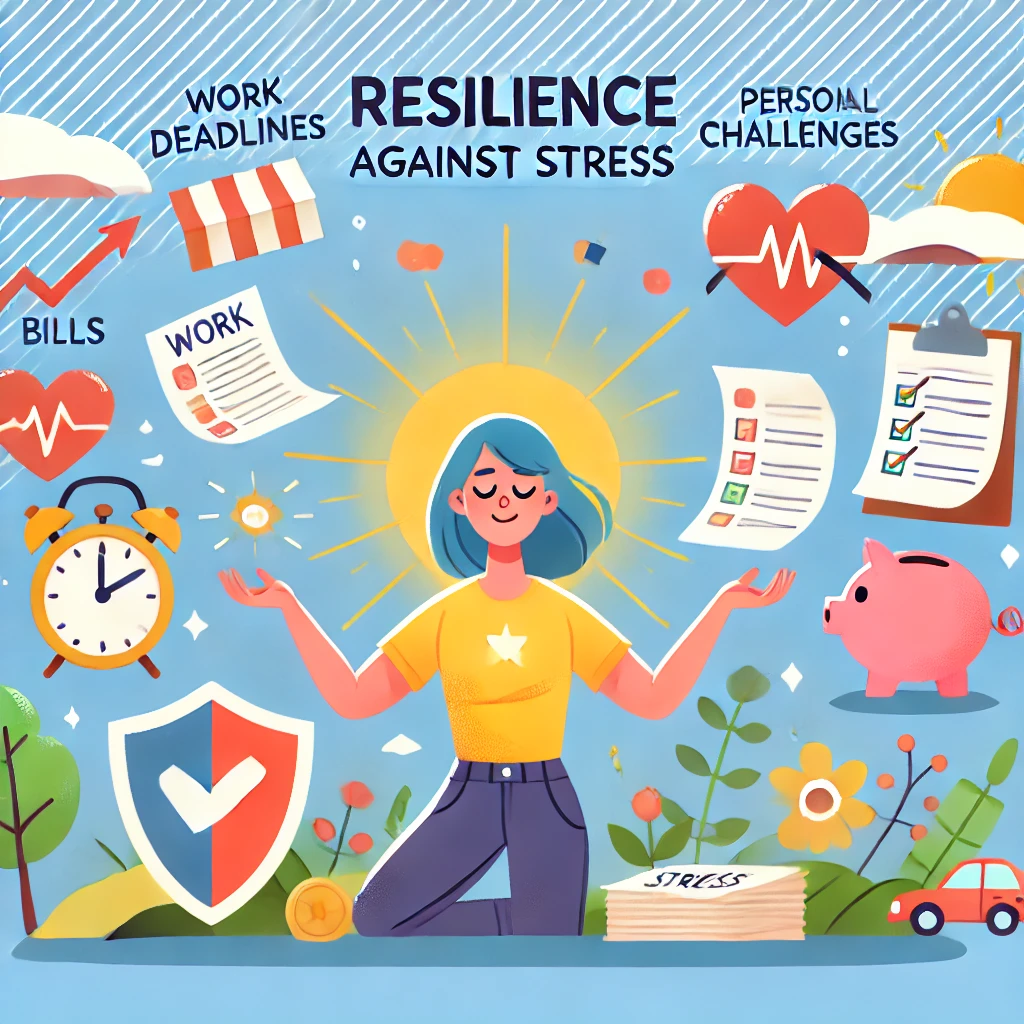Last week, we reflected on the broader question of the role of leadership in creating the optimal conditions for driving fundamental change and the importance for leaders to reconnect with themselves before they can inspire and empower their organisations.
Before I share some reflections on leadership, both on new leadership required and the work that could be done with current leaders to equip them for the challenge of our time, allow me to touch briefly on the important issues of work-related stress.
For many – and men in particular – the tendency is to point outward and look for solutions outside of ourselves, for instance, the quality of leadership. However, the good news is that you don’t have to go far as for so many things, the answer can be found insideus. In essence the root cause of stress lies in our susceptibility to triggers from our environment.
To strengthen our resilience, it is essential to enhance our inner strength. This can include practices such as mindfulness meditation, regular physical exercise, and cultivating a supportive social network. Importantly, building resilience also involves reframing negative thoughts, focusing on what can be controlled, and setting realistic goals. By nurturing these habits, we can better withstand and bounce back from life’s challenges, transforming stress into an opportunity for growth and personal development.

The Path Forward: New Leadership Models
To drive transformative change, we need to look beyond traditional leadership and adopt new models that prioritize sustainability, trustworthiness, and employee well-being. Equally important is our commitment to working with current leadership to unlearn ingrained habits and relearn the traits needed for this transformative journey.
Purpose-Driven Leadership
- Alignment with Values: Seek leaders who are genuinely aligned with the company’s mission and values, and who prioritize these over just short-term gains. For current leaders, this involves a deep reflection on personal and organizational values and a realignment of their leadership approach to embody these principles.
- Transparency and Integrity: Leaders who practice transparency and integrity can rebuild trust within organizations, fostering a culture of openness and accountability. Current leaders can be supported to develop these traits through coaching, feedback, and a commitment to honest communication.
Innovative and Inclusive Leadership
- Embrace Innovation: Encourage leaders who are willing to take risks and innovate, challenging existing practices to drive substantial improvements. For current leaders, this means embracing a mindset of continuous learning and being open to experimenting with new ideas, even if it means stepping out of their comfort zones.
- Inclusivity: Leaders who value inclusivity and diverse perspectives are more likely to implement changes that resonate with a broader range of employees and stakeholders. Current leaders can be guided to appreciate and leverage diversity through inclusive leadership training and by fostering environments where every voice is heard and valued.
Long-Term Visionaries
- Sustainability Focus: Identify leaders who have a long-term vision for sustainability, both in terms of environmental impact and workplace culture. Current leaders can be encouraged to expand their focus beyond immediate results to consider the long-term implications of their decisions, integrating sustainable practices into their strategic planning.
- Employee-Centric Approaches: Leaders who prioritize employee well-being and development can create more resilient and engaged workforces. Current leaders can relearn the importance of putting employees at the centre of their decision-making processes by participating in leadership development programs that emphasize empathy, deep listening, the importance of work-life balance, and the invitation for employees to do the necessary inner work.
Working with Current Leadership
While seeking out new leaders who embody these traits is crucial, we must also invest in our current leadership. Helping them unlearn outdated conditioning and relearn the necessary leadership traits requires a supportive environment that fosters growth and change. This includes:
- Training & development: tailored programs that focus on the new leadership paradigms can help current leaders transition effectively.
- Mentorship: pairing current leaders with mentors who exemplify the desired traits can provide valuable guidance and support.
- Inviting continuous feedback: Encouraging open and constructive feedback can help leaders recognize areas for improvement and celebrate progress.
- Unlimited personal growth: Cultivating an organizational culture that values learning, and development can inspire leaders to embrace change and continuously improve.
By combining the recruitment of new, purpose-driven leaders with the development of our current leadership, we can create a powerful synergy that drives sustainable, transformative change within our organizations.

Reasons for optimism
While the challenges are significant, there are good reasons to be optimistic about the future of leadership and workplace transformation:
Growing awareness: there is increasing recognition of the importance of aligning leadership with sustainable practices and employee well-being. More organizations are prioritizing these values.
Emerging leaders: a new generation of leaders is emerging, bringing fresh perspectives and a strong commitment to sustainability and inclusivity.
Cultural shifts: the cultural emphasis on work-life balance, mental health, and ethical leadership is gaining momentum, driving systemic changes in how organizations operate.
Technological developments: innovations in technology are enabling more transparent, efficient, and inclusive management practices, paving the way for more effective leadership.
Conclusion
As we reflect on these insights during the summer holidays, let’s consider how we can support and cultivate the kind of leadership that will drive meaningful change. We all have a role to play in creating more sustainable workplaces, whether through our own inner work, new leadership models, supporting emerging leaders, or fostering a culture of innovation, diversity, and inclusivity.
We can offer you support with both the inner and the outer work through the HeartWork Inner Knowing Journey, the Purpose Driven Impact Journey and deep experience with complex business transformations.
Please let us know what you think, we would love to hear from you via sendlove at heartwork dot earth.

